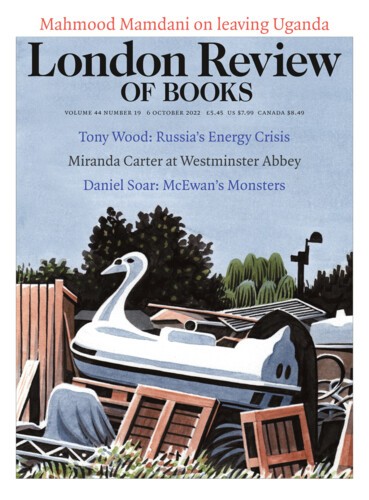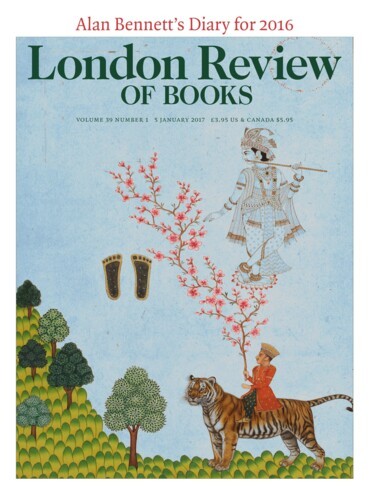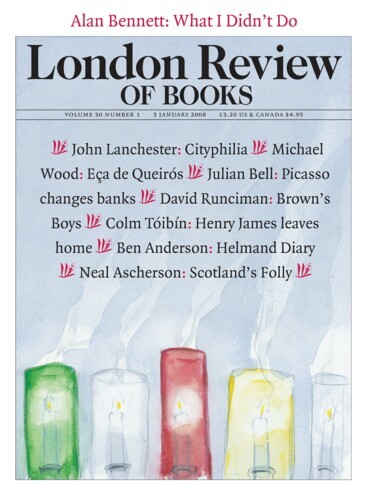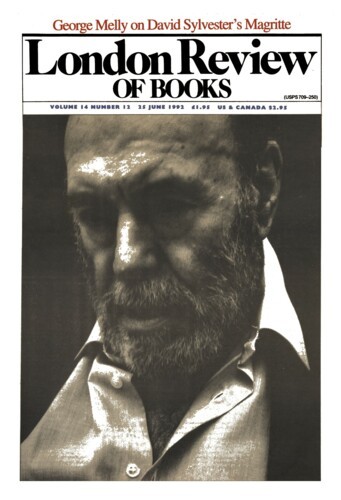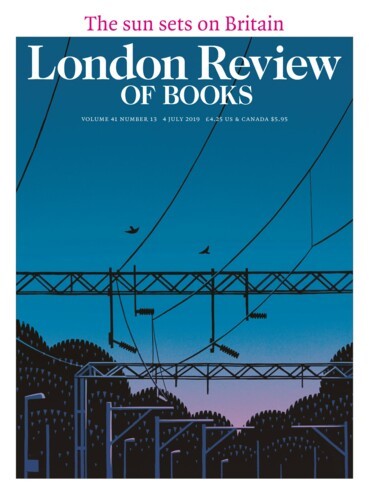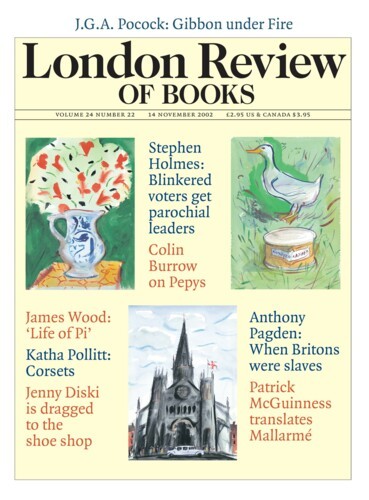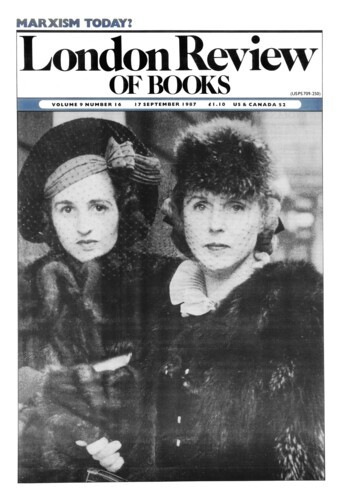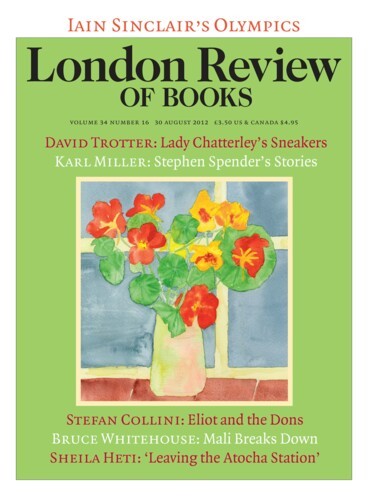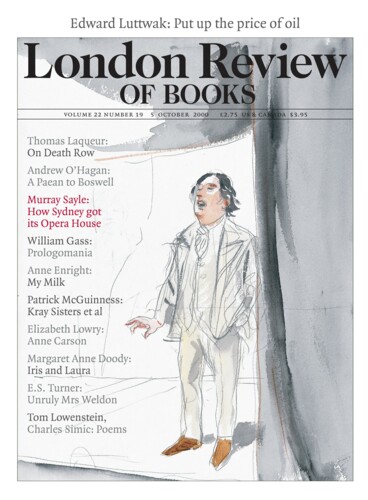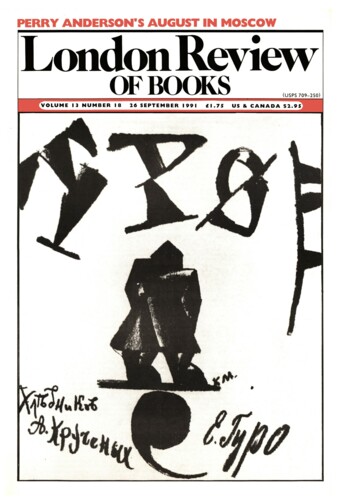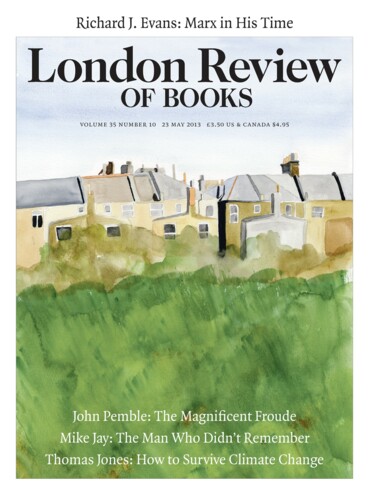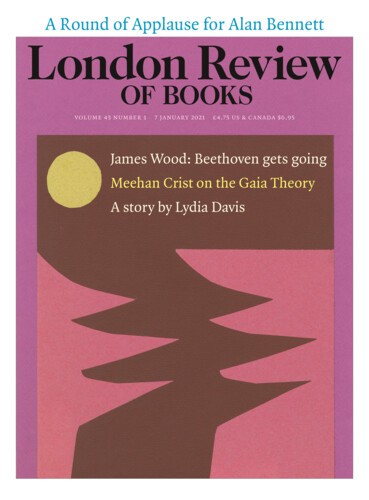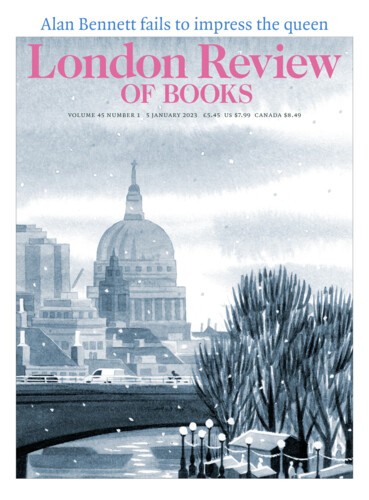Dudes in Drapes: At Westminster Abbey
Miranda Carter, 6 October 2022
The bald lesson of the abbey’s memorials is that money, power and connections repeatedly trump virtue and talent. So what to do with all these imperfect manifestations of wealth and inequality? Weed out the undeserving? Remove them all to the equivalent of a Soviet statue graveyard? There were at least four plans to do just that in the 1800s. But it’s hardly necessary.
